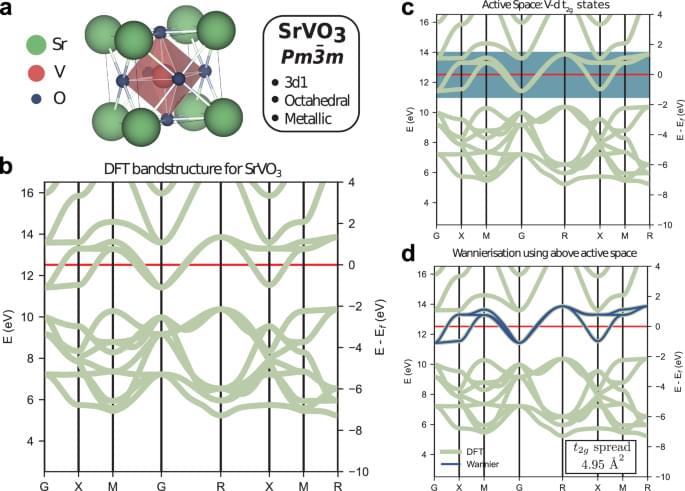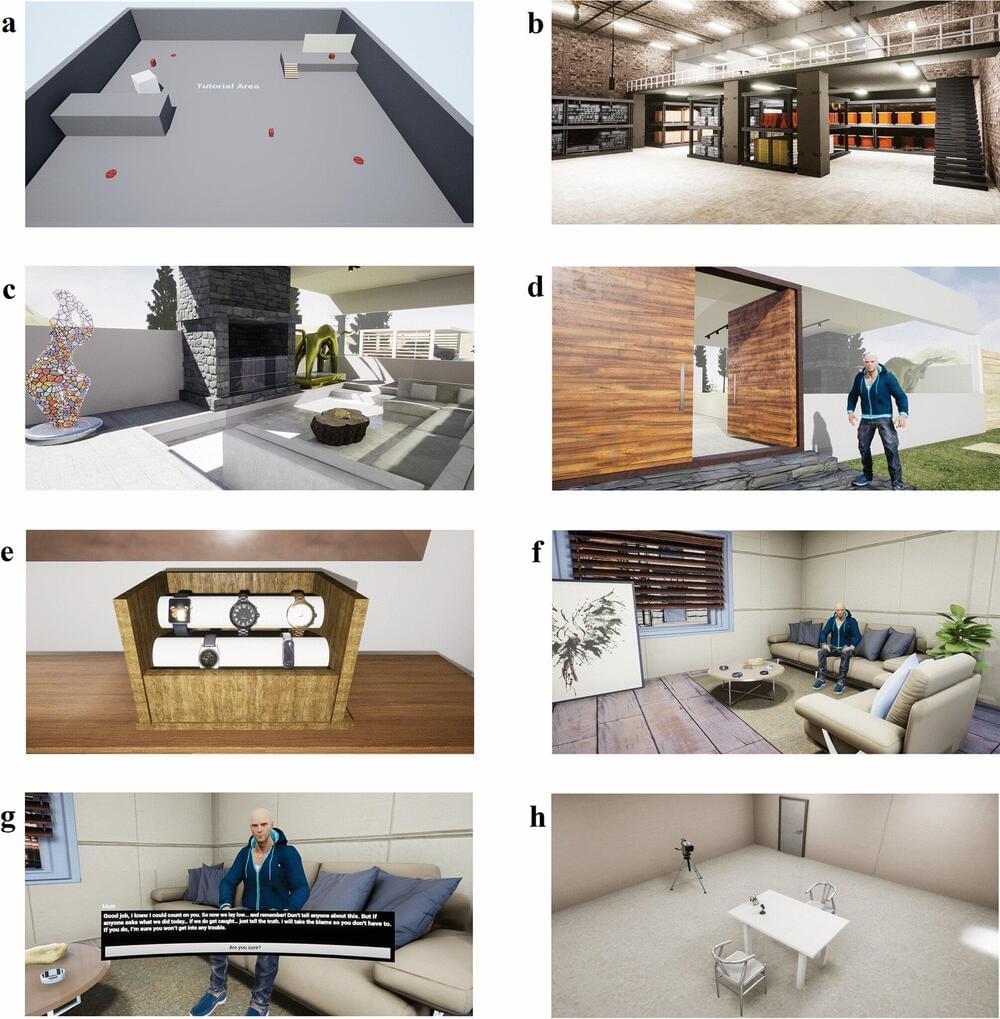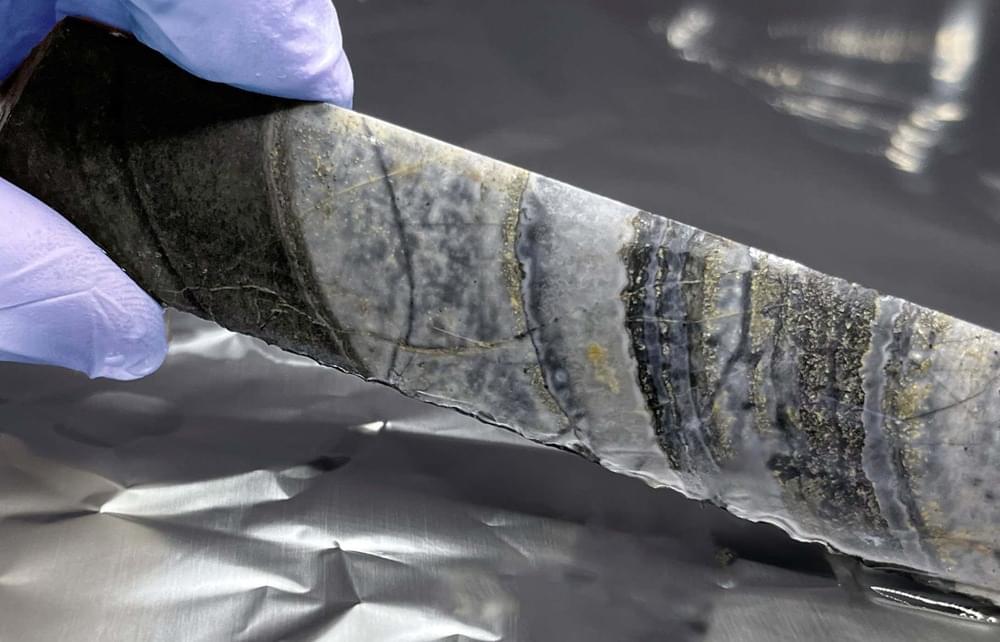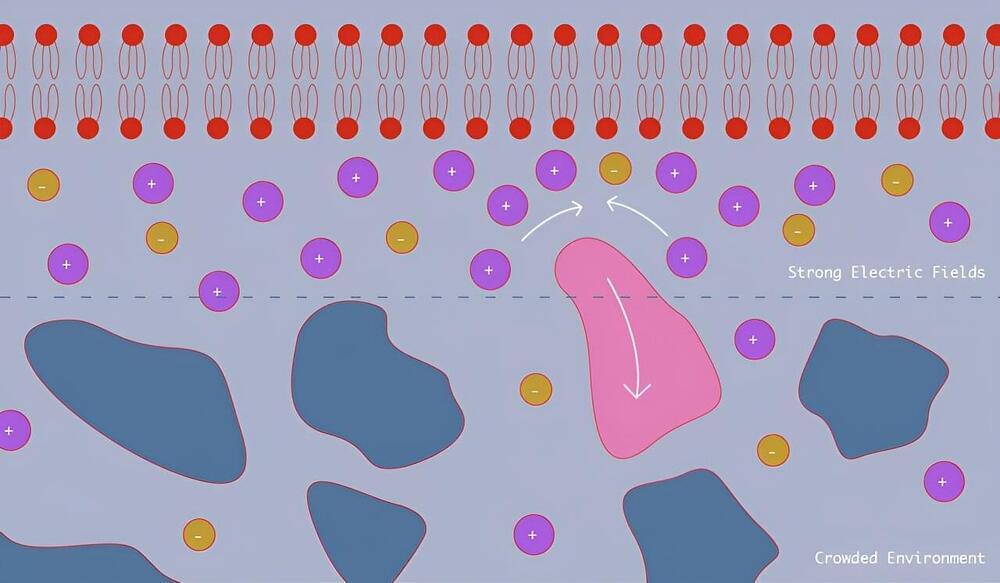Using various ground-based telescopes, astronomers have performed photometric and spectroscopic observations of a nearby Type Ia supernova known as SN 2020nlb. Results of the observations campaign, presented January 16 on the pre-print server arXiv, deliver important insights regarding the evolution of this stellar explosion.
Type Ia supernovae (SN Ia) are found in binary systems in which one of the stars is a white dwarf. Stellar explosions of this type are important for the scientific community, as they offer essential clues into the evolution of stars and galaxies.
SN 2020nlb was detected on June 25, 2020 with the Asteroid Terrestrial-impact Last Alert System (ATLAS), shortly after its explosion in the lenticular galaxy Messier 85 (or M85 for short), located some 60 million light years away. Spectroscopic observations of SN 2020nlb, commenced shortly after its detection, confirmed that it is a Type Ia supernova.








